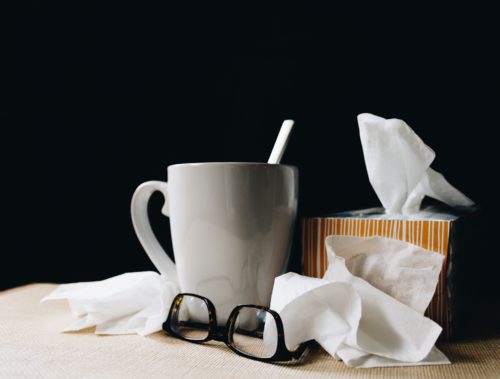Infection control for care at home helps to reduce the risk of infection spreading. Clients will need to be aware of the steps taken. Also what they need to do and provide in order to support infection control for care at home.
Care workers are at risk of infection or spreading infection, especially if their role involves personal care.
All staff are provided with infection control training. This knowledge helps them to protect themselves and Service Users from acquiring infections. Routine basic precautions to prevent the spread of infection must be followed at all times.
Washing hands

The use of liquid soap in a pump dispenser is recommended. Alcohol hand rub can be in addition to handwashing but it should not be used when hands are visibly dirty. Alcohol hand rub is not effective against Norovirus (viral gastroenteritis) or Clostridium difficile. Handwashing with liquid soap, warm running water, and drying thoroughly, preferably with paper towels is particularly important when dealing with anyone known to have had diarrhoea within the last 48 hours.
Care Workers should wash their hands on arrival & before leaving the duty; before & after personal care; whenever hands are visibly dirty; before & after wearing gloves; before & after preparing food or assisting with eating; after using the toilet, handling dirty laundry, coughing, sneezing or blowing their nose; after performing housework or emptying commodes; before & after handling catheter bags; after contact with pets or their bedding.
Personal Protective Equipment (PPE)
All Care Workers are provided with protective gloves and aprons. These must be used whenever performing personal care tasks. Fingernails should be kept short, clean, free from varnish, false or gel nails, and nail jewelry. Longer fingernails can harbor more dirt and bacteria than short nails, thus potentially contributing to the spread of infection.
All cuts or abrasions, particularly on hands, should be covered with waterproof dressings at all times.
Any Care Workers who become ill whilst on duty or shortly beforehand should report this to the office. If necessary they should see their GP and only return to work when their GP states that they are safe to do so.
All Service Users are asked to supply liquid soap for Care Workers to use to wash their hands. Kitchen roll for Care Workers to dry their hands with (traditional towels can hold germs). Also, antibacterial surface spray.
If you have a query about infection control, please contact us.
